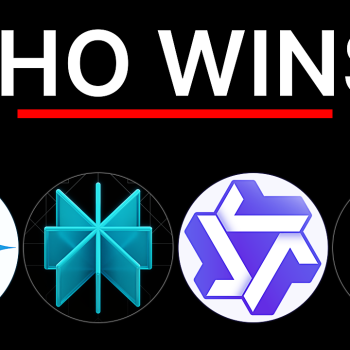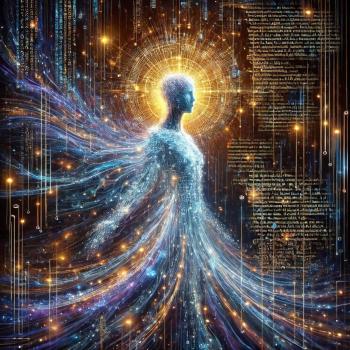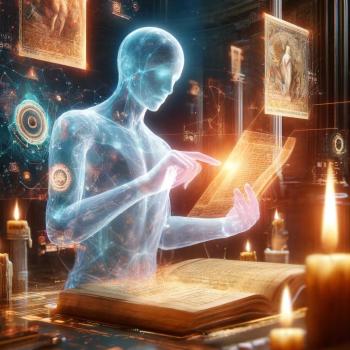I’m delighted that Juli Gittinger’s book Personhood and Science Fiction is now out, and that I had the chance to talk with her about it in this latest episode of the ReligionProf Podcast. I had the privilege of reading the manuscript prior to publication, and here’s the endorsement that I provided:
In Personhood in Science Fiction, Juli L. Gittinger does more than merely survey or even analyse the treatment of persons human, alien, and android across some of the most popular sci-fi franchises of recent years. She engages with one of the most puzzling and ethically challenging questions there is, in conversation with everyone from philosophers to neuroscientists to theologians―and yes, of course, our most beloved science fiction authors. Although engaging with highly technical matters, Gittinger does so in a way that is impressively accessible. The result is a book that is of great significance for all the aforementioned fields and many others, and deserves to be read and discussed widely. Juli L. Gittinger skillfully leads readers on a quest for the souls of androids and aliens, and in the process helps us discover and explore our own.
Juli and I talk in the podcast about Dragon Con, which has an academic component I wasn’t aware of and plan to look into with a view to attending, called the Comics and Popular Arts Conference. Click here for the call for papers. In the podcast Juli and I also talk about academics writing fiction, and you can expect me to have more to say on that topic in the near future…
I was also interviewed about robots that I think we can all agree are not persons, but which are helping persons have a rewarding educational experience in Butler University’s core curriculum. There is a postgraduate research opportunity that could fund work that explores the intersection of religion and technology. See also:
Randy Reed shared a paper on artificial intelligence and religious studies
AI religion/robot priest in Vox
https://www.religiousstudiesproject.com/2019/10/18/the-promise-of-reincarnation-in-the-grundtvig-ai/
When Archive Meets A.I. – Computational Humanities Research on a Danish Secular Saint
A priest, a rabbi, and a robot walk into a bar
IHE review of Susan Schneider’s Artificial You
Using AI to restore damaged ancient texts (also in New Scientist)
Also at the intersection of theology and new technology: theologizing virtual reality. In the article, A. Trevor Sutton writes, “The academic study of religion provides some helpful frameworks for approaching conversations about VR baptism and digital spirituality…It might be easy to look upon VR baptisms as simply an internet aberration. But to do so would be a crucial misstep. It is incumbent upon scholars of religion and theologians alike to bring their unique disciplinary resources to bear on this conversation. In 1946, the Supreme Court had to help make sense of new technology and dead chickens. In 2019, scholars of religion and theologians must help make sense of a new technology and waterless baptisms.”
Universities need to prepare students to be “interviewed” by AIs
What makes AI so weird, good, and evil
Jeff Bezos’ vision for the future = Blade Runner
https://www.thetechedvocate.org/secrets-of-machine-learning-algorithms-revealed/
http://learningaloud.com/blog/2019/11/10/can-ai-identify-bias-in-media/
In the 17th Century, Leibniz Dreamed of a Machine That Could Calculate Ideas
Fotogrammetria e Intelligenza Artificiale for All
The AI brain drain from academia
See too my Academic Minute podcast about the Artificial Wisdom project I am involved in, and the New Humanist article about the racial bias of algorithms. Also of interest, this PBS Nova special:
Robots, Imagination, and Spirit
Why Can’t Science Explain Consciousness?
https://www.tabletmag.com/scroll/178935/torah-writing-robot-speeds-past-human-scribes
https://analyticsindiamag.com/softbanks-pepper-robot-priest-perform-buddhist-funeral-rites/
Robot priest delivers funerals in Japan (also on Fox News)
https://religionandpolitics.org/2017/08/29/as-artificial-intelligence-advances-what-are-its-religious-implications/
Another call for papers: A History of Technology for an Age of Crisis
















